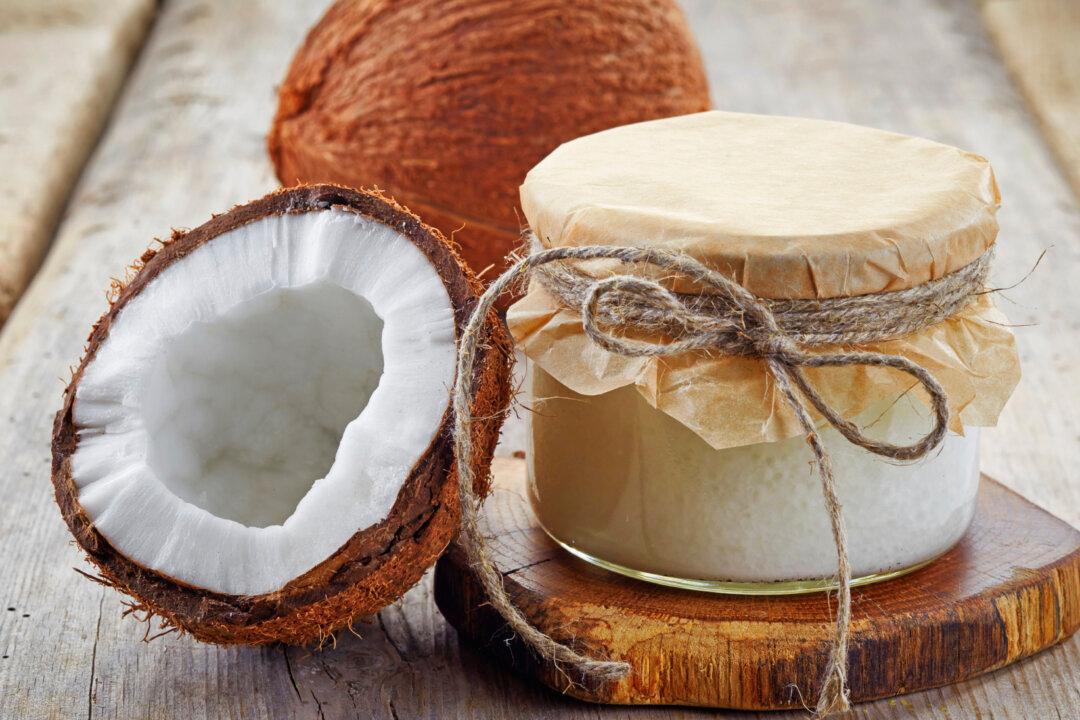While more than 2,000 studies have been performed on coconut oil, demonstrating a wide range of benefits, it continues to be wrongfully vilified, mainly because 90 percent of its fat content is saturated. However, saturated fats, and most particularly coconut oil, are an important part of the human diet.
If you have bought into the media hype that saturated fats are unhealthy and will raise your risk of heart disease, it may be time to reconsider your position.






